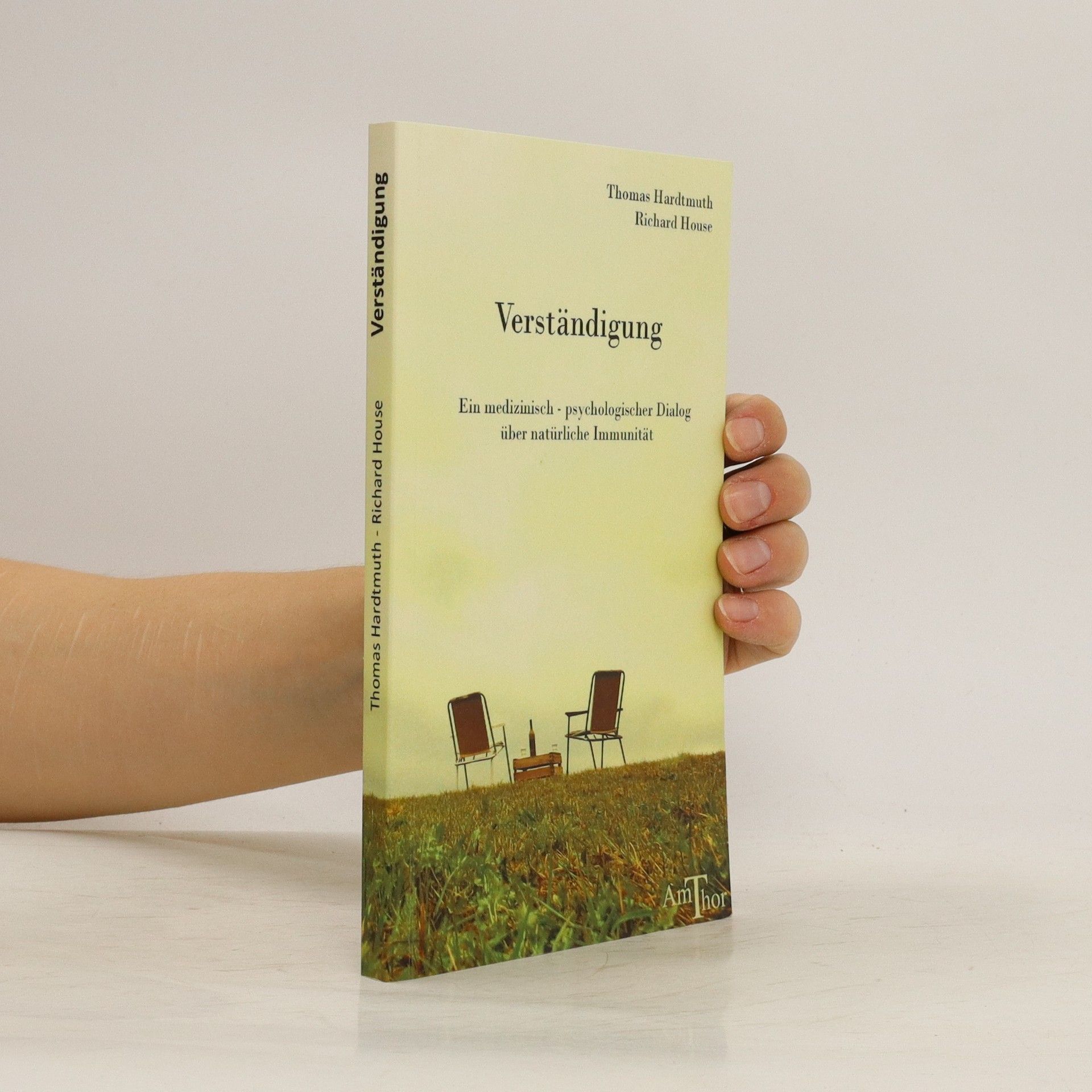The book critically examines the limitations of the current biomedical approach to health, particularly in light of recent health crises like Covid. The authors argue for a fundamental shift towards a holistic understanding of health that integrates body, soul, and spirit. They outline necessary changes to create a more comprehensive vision of medical practice, addressing both philosophical and clinical shortcomings in the existing paradigm.
Richard House Book order (chronological)
Richard House is an author, filmmaker, artist, and university lecturer whose work spans multiple creative disciplines. His novels explore intricate narratives, with his digital-first novel and earlier works noted for their distinct literary merit. House's background as an artist and filmmaker informs his unique approach to storytelling. He is also an editor and collaborator, contributing to the broader artistic landscape.



Verständigung
Ein medizinisch-psychologischer Dialog über natürliche Immunität
- 168 pages
- 6 hours of reading
In diesem ausführlichen Interview-Dialog tauchen Dr. Thomas Hardtmuth und Richard House, Ph. D., tief in die Grundlagen des menschlichen Wohlbefindens ein. Sie legen differenziert dar, was medizinisch, psychologisch und philosophisch mit dem gegenwärtig vorherrschenden biomedizinischen Paradigma von Gesundheit und Krankheit nicht stimmt, wie diese Mängel im Verlauf der Covid-Krise deutlich wurden sind und welche Veränderungen eintreten müssen, damit eine radikale Neugründung eines wirklich ganzheitlichen Verständnisses von Gesundheit, Krankheit und Heilung möglich wird. Dieses anregende und zugleich auch herausfordernde Buch ist eine unverzichtbare Lektüre für alle, deren Zweifel an einer übertechnologisierten und immer mehr ökonomisch orientierten Medizin mit ihren pharmazeutisch dominierten Behandlungen wachsen. Es wird den neuen post-Big-Pharma-Gesundheits-Initiativen, die derzeit weltweit überall hervortreten, eine wertvolle Hilfe sein.
The Kills
- 1024 pages
- 36 hours of reading
"A MASTERWORK OF INTERNATIONAL INTRIGUE SET IN THE ASHES OF WAR-TORN IRAQ, ITALY, AND AREAS IN BETWEEN. The Kills is an epic novel of crime and conspiracy told in four books. It begins with a man on the run and ends with a burned body. Moving across continents, characters, and genres and with the intelligence of John le Carre's The Spy Who Came in from the Cold and the scope of Roberto Bolaño's 2666, there will be no more ambitious or exciting novel published in 2014. "--